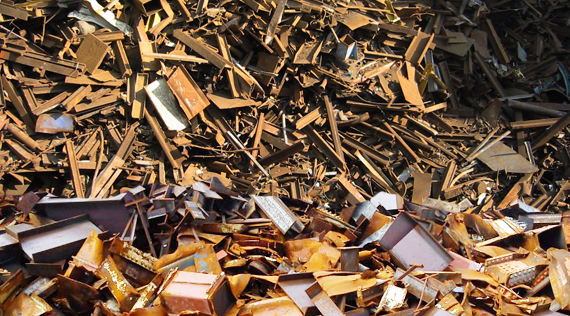
SEATTLE (Waste Advantage): Handheld XRF has proven to provide a significant ROI for the scrap metal sorting and recycling process by reducing material mix-ups that lead to costly penalties and returned shipments. Although handheld XRF analyzers are fast and easy to use, it is important to follow industry best practices to get full value for your investment. This article will discuss tips to help you get the best use and measurements from your analyzer in the scrap yard.
Routine Maintenance
Handheld XRF analyzers must always be ready for action at the scrap yard or recycling facility, so operators should be properly trained on daily and periodic maintenance checks. Here are two important tips to prep an XRF analyzer for everyday testing.
#1: Install a Clean Window
The window is the protection barrier between the recycling environment and the inner workings of the XRF analyzer that allows the incident X-rays out and the emitted characteristic X-rays back to the detector. As a vital component of the analyzer, the window must be clean for proper performance. At a minimum, make sure to carefully remove any dust or material that may have adhered to the window before testing. Ideally, the window on the device should be replaced with a new clean window. This is a simple process on many handheld XRF analyzers and avoids mismeasurements due to contamination.
#2: Charge the Battery and Keep a Spare Ready
How many times have you gone to use your favorite device or tool only to find it ran out of power? Regularly checking that the battery in the handheld XRF analyzer and a spare are fully charged helps ensure that you can efficiently spot check a load on arrival. Although handheld XRF measurements normally take only a few seconds, your throughput while processing can come to a full stop if the analyzer is down during the workday.
Courtesy: www.wasteadvantagemag.com
| Copper Scrap View All | |
| Alternator | 0.31 (0) |
| #1 Copper Bare Bright | 3.65 (0.02) |
| Aluminum Scrap View All | |
| 356 Aluminum Wheels (Clean) | 0.71 (-0.01) |
| 6061 Extrusions | 0.62 (-0.01) |
| Steel Scrap View All | |
| #1 Bundle | 475.00 (0) |
| #1 Busheling | 495.00 (0) |
| Electronics Scrap View All | |